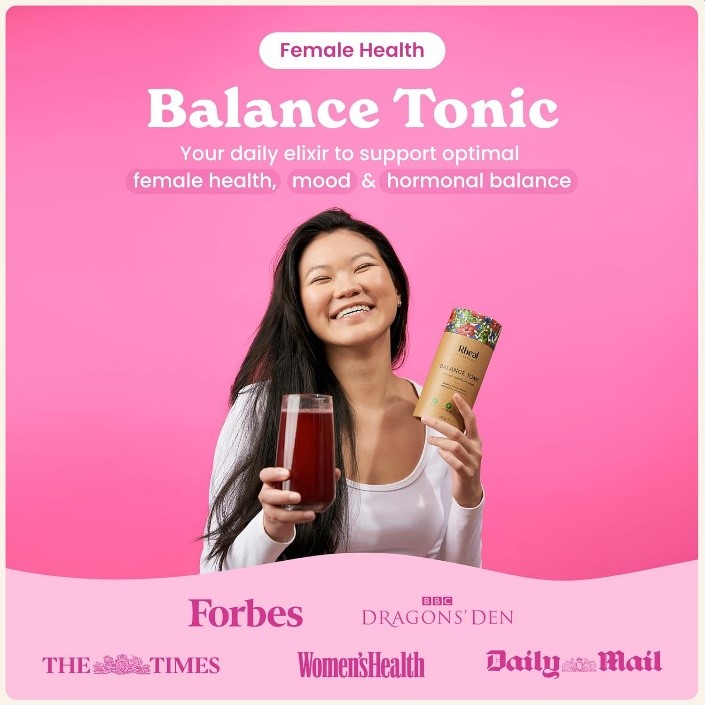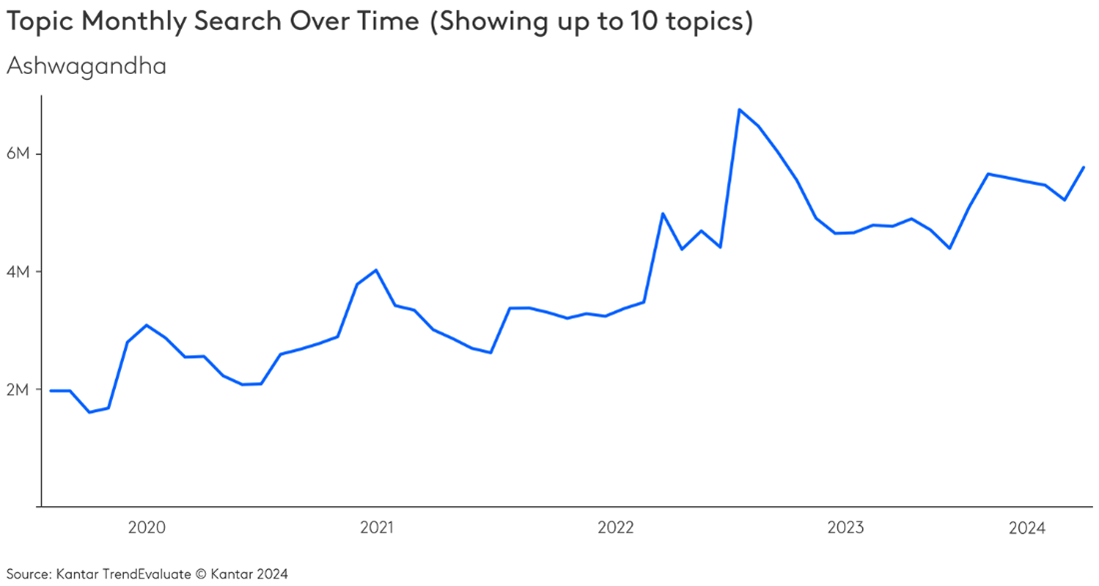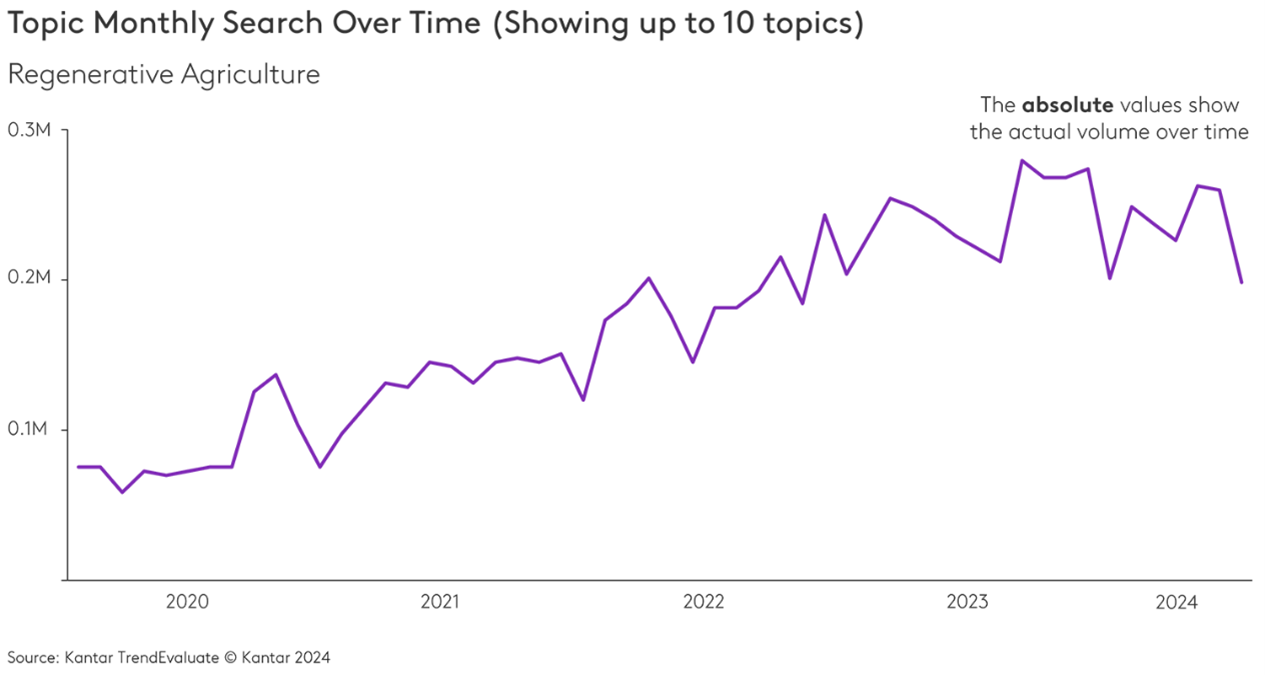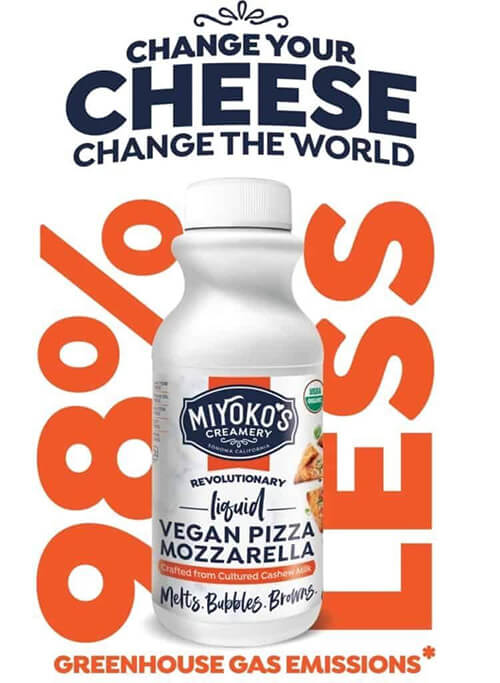We know that Meaningful Difference is key to a brand’s value, and brands that are meaningfully different and innovative grow at least twice as fast as those that are not. But knowing where to play and keeping up with market trends can be a real challenge. Innovators are often encouraged to look for the white space in product categories, but uncovering white space rooted in today’s behaviours can be problematic; if you can see an opportunity then it’s likely your competition can see it too.
So, how do you identify opportunities that aren’t just meaningful but also different enough to make your new product stand out from the crowd? Whilst white spaces are more easily recognised, blind spots are found at the periphery. These niche behaviours are found at the fringes, based on emerging unmet needs that will become widespread consumer pain points if not addressed.

Uncovering new paths to innovation with TrendEvaluate
To identify disruptive innovation opportunities, Kantar’s TrendEvaluate tool does the hard work for you, drawing on 90 billion searches over five years and across more than 100 countries. TrendEvaluate looks beyond today and into the future, with the ability to project mainstream, established, niche and disruptive trends up to two years ahead. Delving deep into niche and disruptive search trends, we leveraged the latest AI technology and TrendEvaluate to unearth changing consumer interests across nutrition.
Once-niche topics like veganism, food waste, and low-sugar diets have become firmly mainstream, but what are the next big trends in nutrition?
- Mapping new health horizons and understanding the landscape
In the aftermath of the Covid pandemic, many of us are investing time and money in optimising our health. Whether improving the microbiome through healthy foods and nutraceuticals or realising the power of mushrooms through supplementation, people are seeking to exert control. Low-sugar diets have been a long-standing trend, and we have seen the rise of movements such as the Glucose Goddess method. However, it is no longer just about sugar being the bad guy; there are a variety of tools people are leaning on to personalise their health.
Eating for your hormones is one such trend. We’re seeing a rise in products targeting female health, such as Rheal Balance Tonic tea. The benefits of supporting optimal female health, mood and hormonal balance are clearly called out on the packaging, and the product itself contains herbs such as Ashwagandha, which has seen a 62% increase in searches over the latest 24 months. Brands looking to expand into new space can take inspiration from Rheal’s use of new and disruptive ingredients to support new customer needs. TrendEvaluate helps you map such areas, enabling the exploration of new benefits and formats to support meaningful innovation.


- Leveraging science and technology to inspire incremental innovation
Nutrition is fast becoming personalised! We are now at an inflection point where we see consumers move beyond managing their own nutrition to increasingly leveraging science and technology. Programmes like Zoe enable consumers to perform controlled, at-home fat and sugar processing tests and even send in a stool sample, allowing consumers to understand their bodies better than ever before. Searches are on the rise for the Gut-Brain Axis (+3% YoY), Continuous Glucose Monitoring (+28% YoY) and Anti-Inflammatory Foods (+16% YoY). By surfacing these trends, TrendEvaluate provides a roadmap for brands looking to realise opportunities in incremental innovation.

- Helping consumers make aligned choices and exploring new spaces
Finally, as consumers look to support their own health, there is also a strong desire to support the health of our planet, and brands can find opportunities here. Regenerative agriculture is an increasingly important topic, with searches for the term up 9% and searches for Soil Health up 3% over the last two years. This holistic approach to farming focuses on improving the health of the soil, which has been degraded over time by our modern intensive farming methods. We know from Kantar’s Who Cares Who Does study that there is a $556bn opportunity with Eco-actives (2021) (those consumers who are most concerned about sustainability and most willing to change their behaviour), but how can brands activate against this?

Consumers are increasingly looking for brands that align their values with meaningful actions and Miyoko’s is an example of a brand doing just that. Miyoko’s pourable mozzarella is made from organic cashews grown using regenerative processes, including rainwater irrigation, to reduce water usage. The manufacturing facility is also powered by solar energy, which reduces the company’s energy demand by around 25%. Miyoko’s is a great example of a brand investing in sustainability at the core of their business model, and the clear call out of their work on their packaging and advertising help consumers make choices that align with their values. TrendEvaluate supports brands in exploring new space and turning consumer interest into action.

Power your Innovation pipeline with TrendEvaluate
Leverage the most meaningful search and social data to understand people, trends, and demand at scale and speed. TrendEvaluate unlocks the power of big data, amplified by AI, to help brands shape meaningful, forward-thinking products that meet emerging consumer needs. Get in touch to find out more today.


